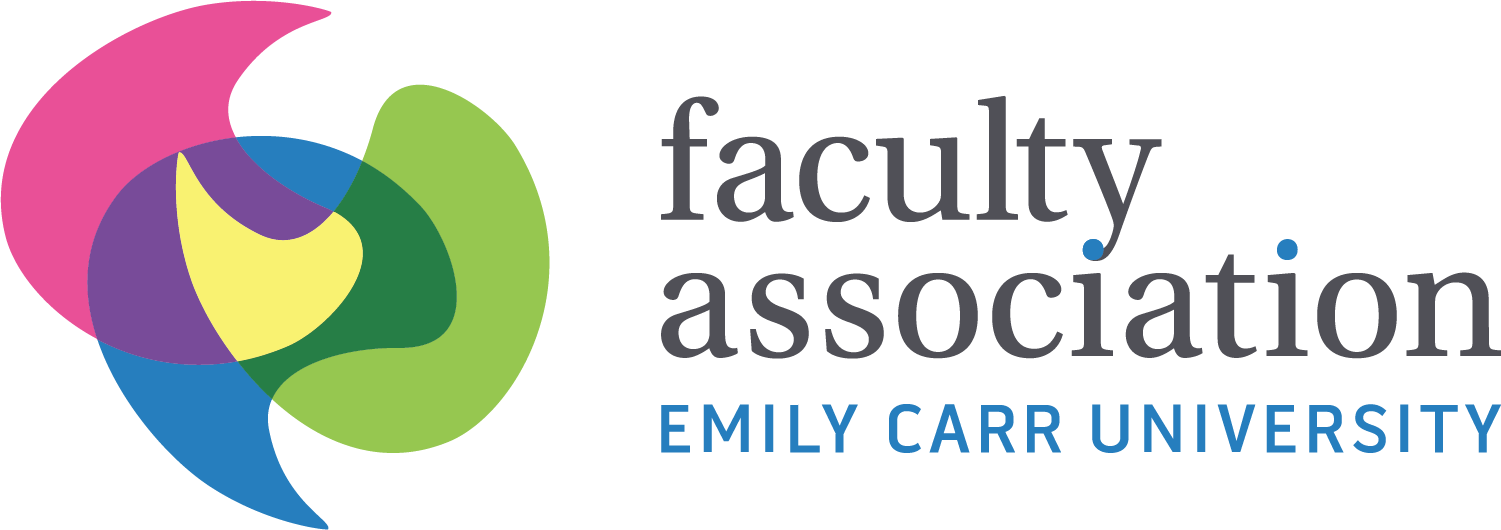On the October 30, 2023, the Emily Carr Faculty Association voted to ratify the tentative agreement, forming our new collective agreement.
With a resounding 95.8% YES vote, we now move forward with , a more manageable workload in line with the sector, more job stability for our non-regular faculty, and increased wages (again, thanks in part to the bigger unions who went out early and raised the bar for all of us in terms of the Provincial mandate), along with a broad range of other improvements for our community.
We want to thank the entire membership for your engagement, support, comments and questions, patience, and faith in the process. No Collective Agreement is perfect, but this new one moves the dial forward in ways that we have not managed to achieve in decades. With less that 17 months to go before we are back at the table, know that we have not forgotten the work that still needs to be done and will we continue to represent the membership fully.
With HR, we are currently in the process of proof-reading the new Collective Agreement. The new collective Agreement will be ready for disprution (print and digital) in the new year.
